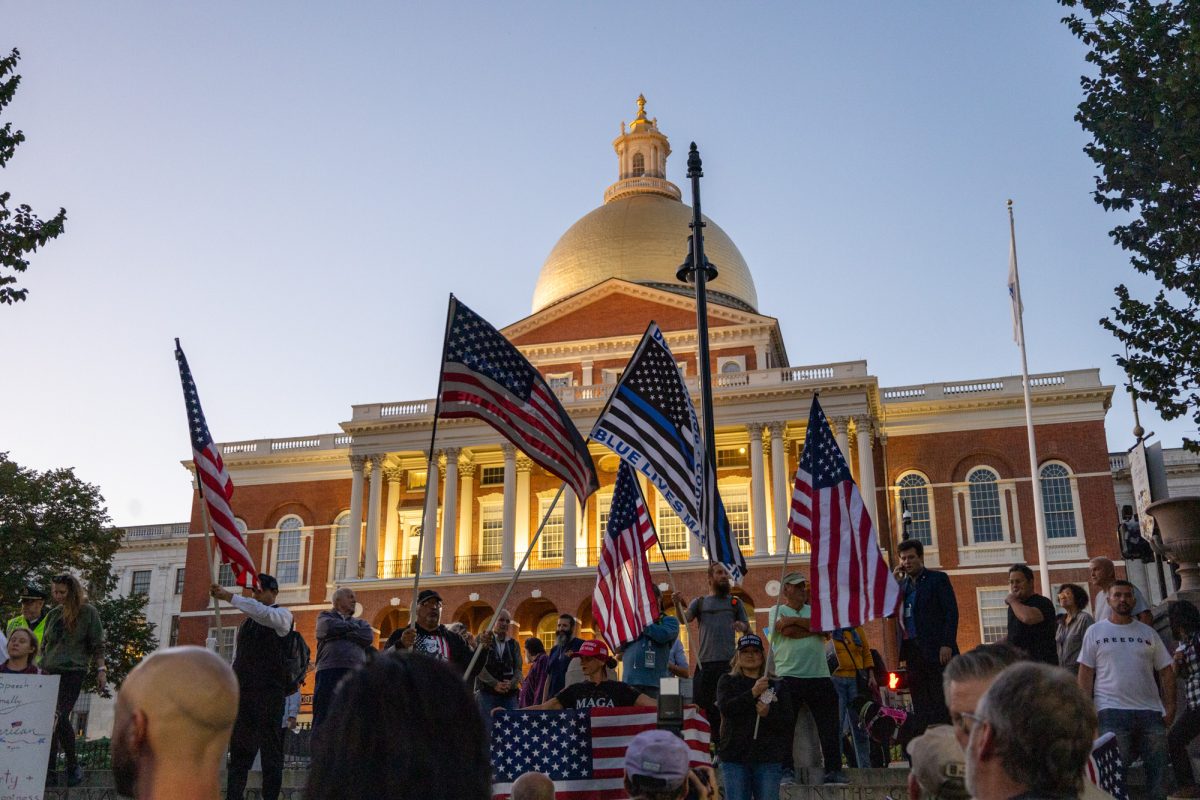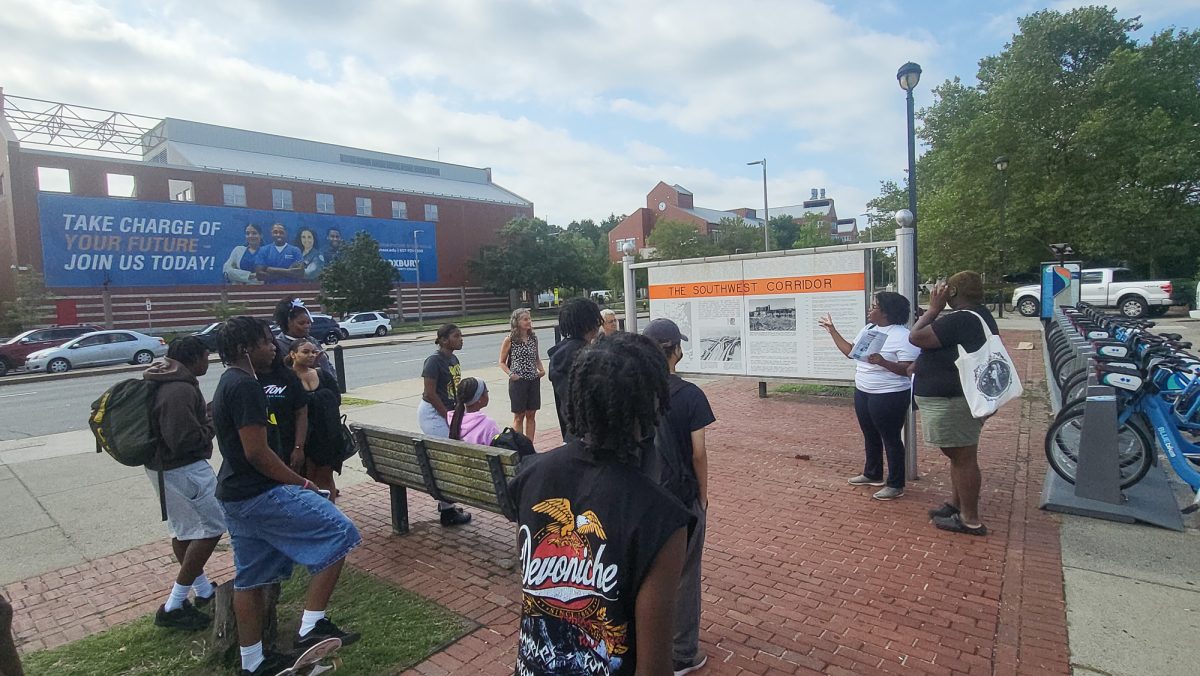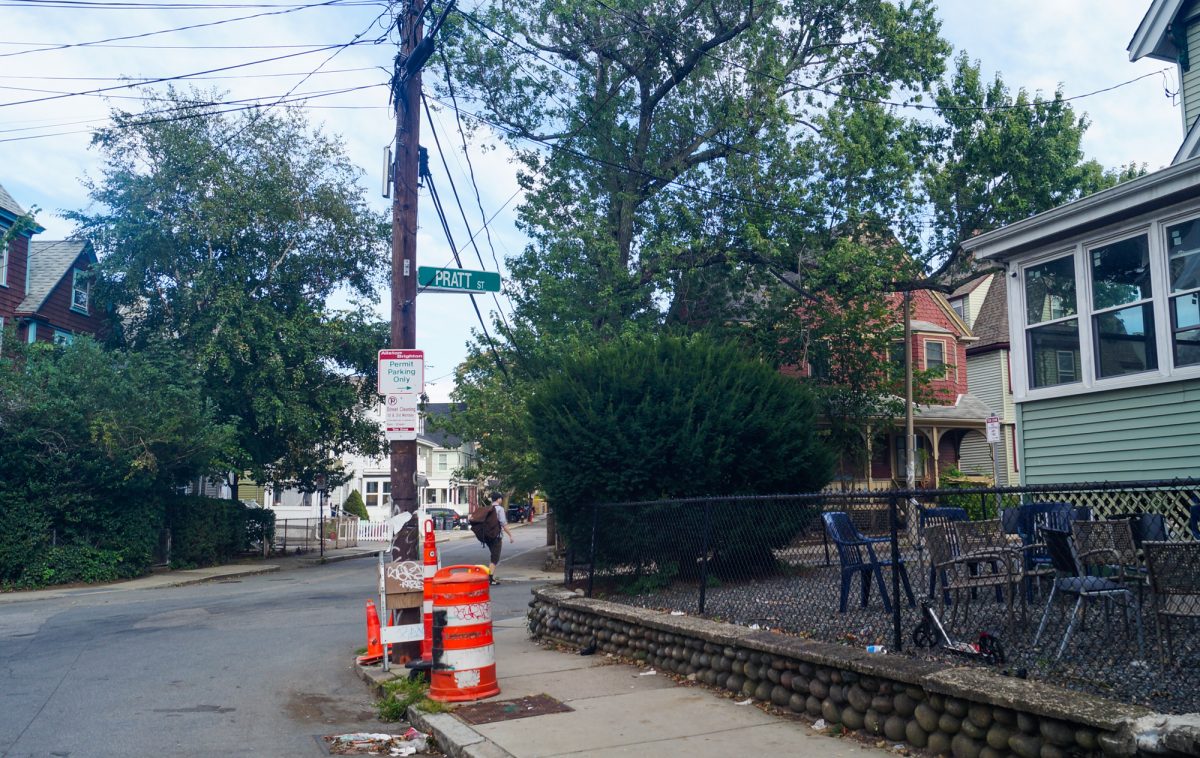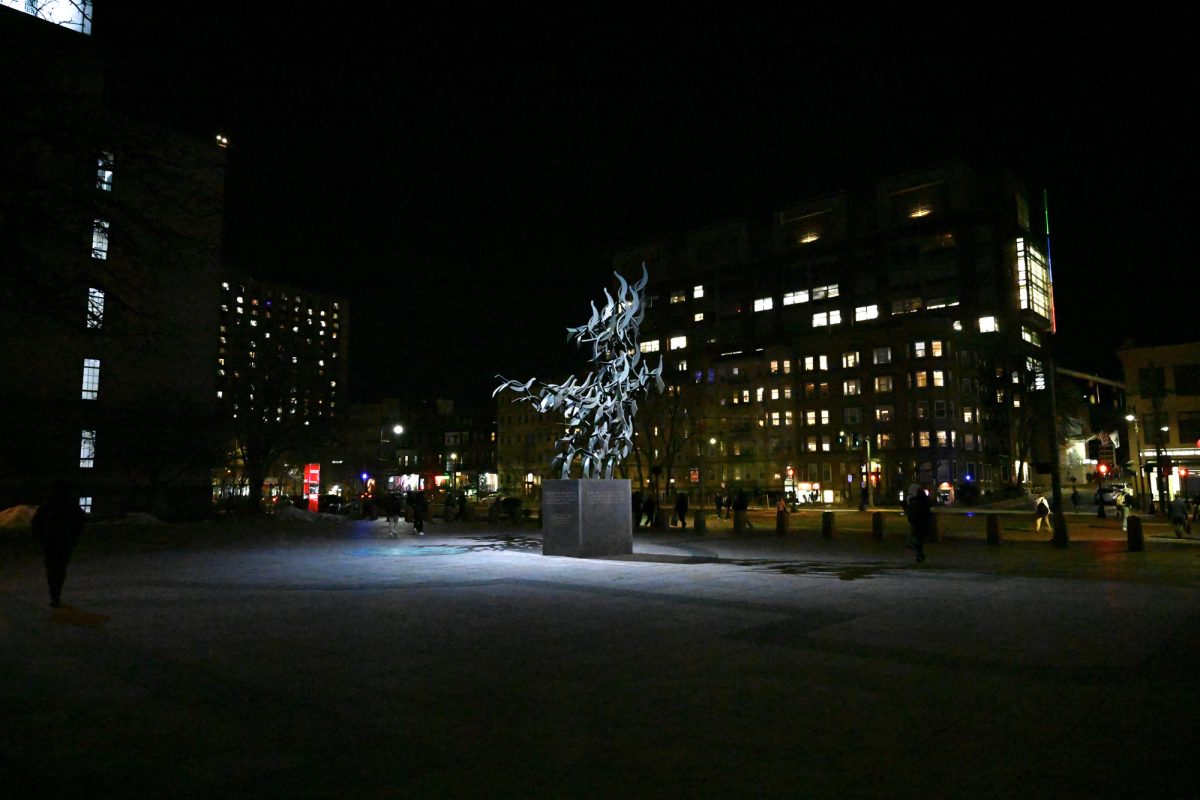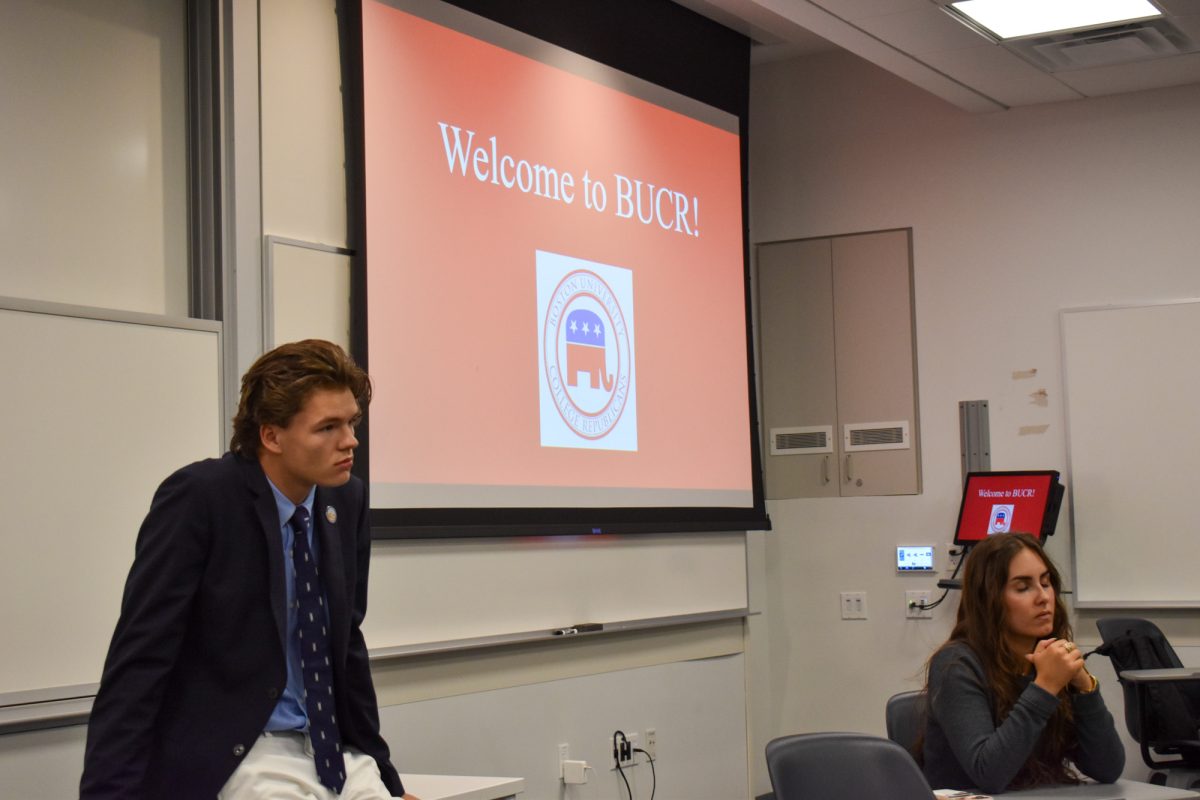The aftermath of the assassination of conservative political activist Charlie Kirk has prompted wider discussion over free speech rights among students and staff at Boston University across the political spectrum.
BU College Republicans issued an open letter to BU President Melissa Gilliam on Sept. 10, urging a campus-wide protection of political discourse and a crackdown on violent speech.
BUCR President Zac Segal and Vice President Philip Wohltorf, who both signed off on the letter, wrote that Kirk’s murder “struck at the principle he championed most: free speech.” They also expressed concerns for the rights of conservative students on campus.
Sophomore Rachel Rose, a member of BUCR, said there is an “attempt at indoctrination” in her classes.
“I can’t tell you how many classes I have been in where the professors assume that every single person in that classroom thinks the way that they do,” Rose said. “In fact, they make fun of the other side, and they degrade the other side.”
Nathan Phillips, a professor in the Department of Earth and Environment, said he does not ridicule or silence the speech of students in his classroom.
Phillips, who has been involved in political activism on campus and in the greater Boston area, said he is careful not to bring his politics into the classroom.
“I’m very politically outspoken. I know that, but I think there’s a difference between doing that on Marsh Plaza versus doing it inside a classroom where it’s a captive audience,” he said.
He added he’s witnessed social change — in terms of dissenting political groups’ agendas — come from students, who, for example, introduced him to inclusive pronouns..
“The students were developing the social change, and they were bringing it into the classroom,” Phillips said. “Now, it’s spread to the overall university community. It did not come from faculty or administrators. It came from the students.”
Wohltorf pointed to a 2023 study conducted by the Harvard Crimson, which found that 9% of Harvard professors identified as conservative. The same is likely at BU and other elite universities, Wohltorf said, which causes conservative students to hide their beliefs.
Taylor Boas, chair of the BU Political Science Department, said the department values “diversity of political opinions and the freedom and the comfort to express those.”
“We certainly don’t aim to indoctrinate anyone,” he said.
As department chair, Boas is responsible for fielding student complaints. In his three years as chair, Boas said a student has “never” reported they felt their grade was “influenced by ideological or political bias.”
Divya Gummuluru, a sophomore studying international relations, said she questions BUCR’s claim that conservative students face “academic penalty” for their viewpoints. She finds it “pretty unrealistic” that conservative viewpoints would result in docked points on an economics test, for example.
“But if you’re discussing homophobic or transphobic or racist things, I would understand why you’re getting points taken off. At that point, that’s not a politics debate; that’s just genuine empathy,” she said.
BUCR member Rose said her conservative viewpoints have been “isolating” on campus.
“When people hear that you are a Republican, they don’t want to talk to you,” she said. “There is an assumption about who you are without ever getting to know you.”
Segal said he’s faced similar social repercussions for being an active member of BUCR.
“It was only really towards the end of last year that I even told my friends that I was involved in the club, that I was conservative, and as a result I lost a lot of friends,” he said.
However, concerns about suppressing free speech on campus are shared by more than just right-leaning students.
Both Back Bay Young Democratic Socialists of America and Quinobequin Student Front For Palestine were suspended within the last year for campus demonstrations and ultimately chose to disaffiliate from BU.
The office space the two groups used to meet and organize — the Center for Gender, Sexuality and Activism — closed in August, following an incident of vandalism last spring, and was replaced with an administration-controlled space.
Additionally, Mary Haddad was recently suspended for one year for allegedly assaulting a police officer last semester in a student demonstration demanding BU’s divestment from Israel.
Senior Gretchen Fuller, president of BU College Democrats, said it’s “hypocritical” of BU administration to punish students for their activism.
“The BU administration holds up people like Howard Thurman and Martin Luther King Jr. and their legacies of nonviolent civil disobedience and then punishes students for doing that same thing,” she said.
This upcoming Monday, BUCR’s executive board is meeting with Gilliam. The group received security from the BU Police Department at their last Monday meeting, which takes place weekly.
“It does feel like [BBYDSA and QSFP’s] free speech is being denied,” Gummuluru said. “I really do think that it goes to show the difference in treatment.”
Phillips said he faced similar suppression from BU administration for his activism in the spring, when political signs in his office window advocating for the release of people abducted by ICE were taken down by BU facilities.
“BU was very disingenuous, and they did not show a commitment to freedom of political speech,” Phillips said.
The suppression of his speech and other left-leaning groups on campus is likely being done to avoid becoming a target of the Trump administration, Phillips said.
“It’s clear they want to stick their heads in the sand and just hope the Trump problem goes away, hope that BU avoids the spotlight,” he said. “This is a bad strategy, to stick your head in the sand, shut your mouth and hope the problem goes away. It’s coming for all of us.”
Despite administration interference, activism for Palestine on campus continues. QSFP held an encampment in front of the GSU Monday, and BBYDSA held a priority setting meeting off campus Wednesday.
BUCR also plans to continue expressing their views and hopes to make their organization more accepted.
“I hope that moving forward, we can be a real voice on campus, and people don’t have to lie about where they’re going when they come to a meeting on a Monday night,” Segal said.

